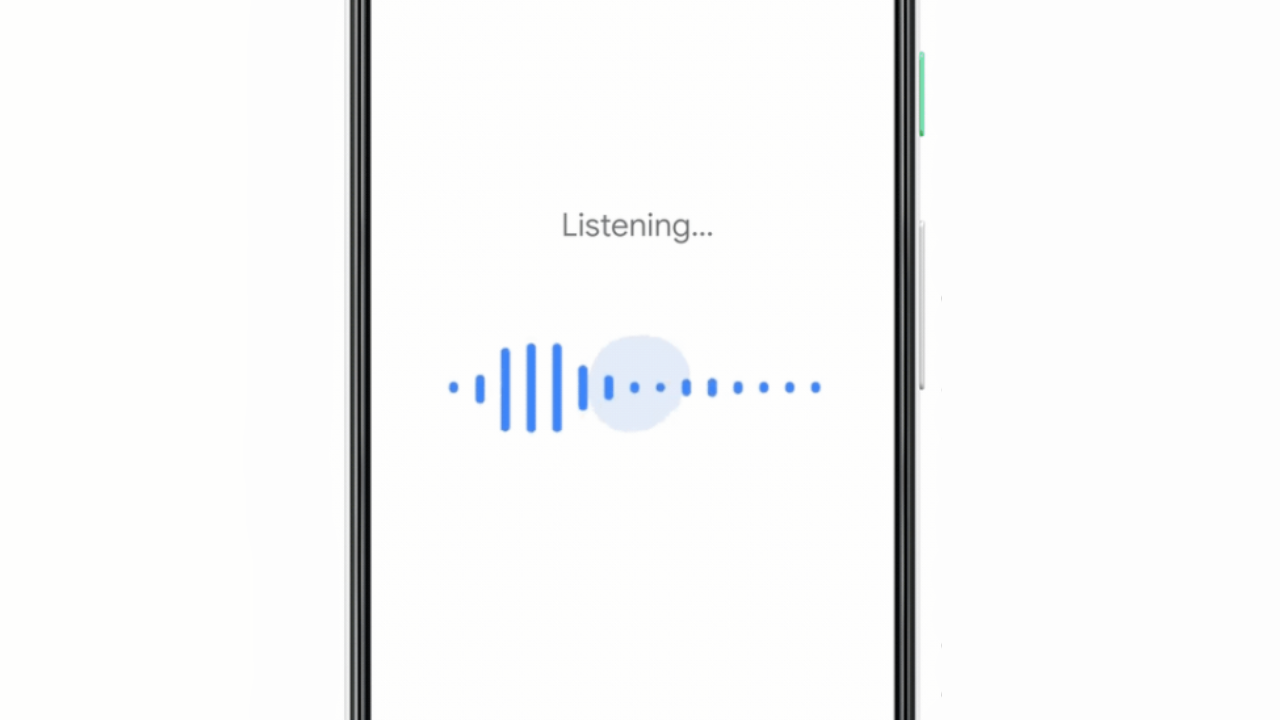Google rolls out Shazam-killing feature with latest update
‘Hum to Search’ just changed the tune-identifying game

We’ve all been there, peacefully minding our own business, when suddenly an infectious melody enters our heads that we just can’t place, no matter how hard we try.
We’ll desperately consult family, friends, the internet in our vain attempt to identify the track, and Shazam's no good as it needs a snippet of the song itself to identify it. Well, Google’s latest feature is here to make this situation a thing of the past.
- PS5 pre-orders: Where to buy PS5
- Sony's 'Ready for PS5' 4K TVs finally get the upgrade that makes them next-gen worthy
- Zoom leaves Microsoft Teams in the dust with CRUCIAL new features
- Xbox Series V breaks cover as Microsoft's 'first portable Xbox' and it looks wild
Announced at Google’s ‘Search On 2020’ event, the Google Android/iOS app now supports the option to use voice search to specifically search for songs by humming or whistling.
Dubbed Hum to Search, the feature uses machine learning to match a hum or whistle to a song. If Google’s data is anything to go by, with the question ‘What Song is Playing?’ reportedly being input into Google search almost 100 million times a month, this feature should prove extremely popular.
You don’t even have to have the right tone or key, which should help alleviate the embarrassment of your tone-deaf rendition of Era’s ‘Ameno’ in front of your friends.
To access the functionality, ensure you have the latest version of the Google app installed on your smartphone. Open the updated Google app and then tap the microphone icon to start Voice Search. Tap the prompt called ‘Search for this Song’ that should appear towards the bottom of the expanded search box and let rip with your humming or whistling.
After 10-15 seconds, Google will present a series of potential matches based on your input with quick links to the song on streaming services as well as related content like lyrics and music videos.
Get all the latest news, reviews, deals and buying guides on gorgeous tech, home and active products from the T3 experts
- Oppo Reno 4 Pro 5G review: a premium mid-ranger with a punch
- The 20 best board games for adults, families and two players
So, how well does it work? In our testing, we found that Hum to Search was able to identify numerous classic and contemporary tracks, particularly from the Pop and Rock genres, such as Bonnie Tyler’s Total Eclipse of the Heart and The Weeknd’s Blinding Lights with relative ease.
However, the search seemed to falter when presented with hummed renditions of contemporary Hip-Hop, namely Kendrick Lamar’s Alright – and there’s no way this kind of tool could be used to identify less melodic genres like Death Metal.
Regardless of the feature’s limitations at the time of writing, it still offers a clear advantage over services like Shazam which require direct samples of the track in place of Google’s much lower requirement of humming or whistling. We’re sure this feature can only improve over time, like all deep-learning AIs.
This feature is currently available in English on iOS, and in more than 20 languages on Android.
- Best Christmas gifts: present ideas for everyone
